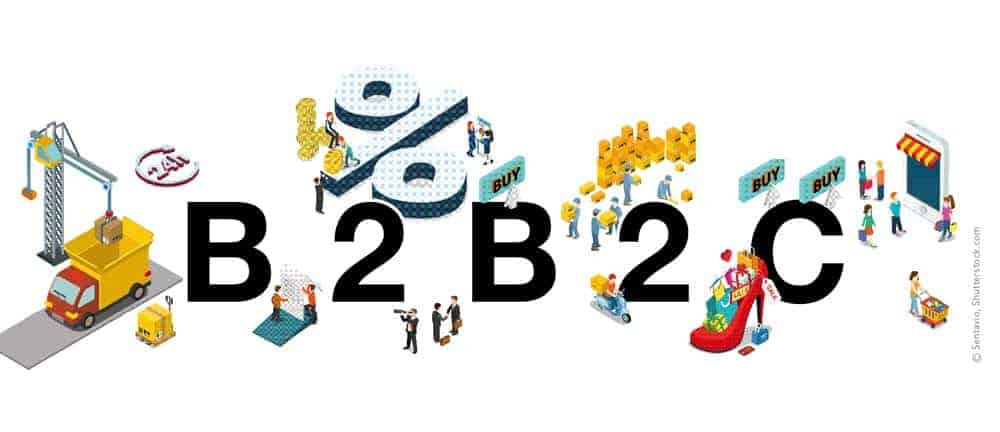Digitize. Now!


Digitization, all well and good. But we don't even know how and where to start - that's what I hear again and again from my business contacts. My answer to that:
"Finally invest your time and money in e-commerce - and do it right! Make it the heart of your business. Everything else will follow automatically."
Admittedly, my statement is somewhat exaggerated. But the message behind it is right! I'm happy to tell you why: e-commerce has long been part of our everyday lives, and shopping at Amazon, Zalando & Co. is completely normal.
What many people forget: Online commerce works differently today than it did just a few years ago. And it offers enormous potential for B2C and B2B alike. Over the years, simple online stores and semi-digital processes have become marketplaces and central communication platforms for which digitization and automation play an extremely important role.
Today's customers can easily view their order history, cancel orders with just a few clicks, reorder products on their smartphones, and monitor delivery status in real time.
For companies that live e-commerce intensively, outdated and slow processes are inevitably eliminated and replaced by digital ones. A digital transformation occurs, which is only possible if various systems are networked via a central pivot - the e-commerce platform. Only in this way can data be exchanged in all directions.
Example:
Before customers buy online, they want detailed product information. This often comes from SAP and a PIM that is connected to an e-commerce platform. In addition, there is a CRM so that the marketing team and support can optimally serve their customers.
The payment process is handled via a PSP and the data is transferred to the ERP. A closed loop. The holistic approach is important in e-commerce and especially in digitization.
Agile, networked systems, uniform interfaces and homogeneous data structures are necessary to enable data exchange. All this is possible with a modern e-commerce system. In addition to a powerful e-commerce system, the following three principles should be observed for successful digitization:
1. have vision: Companies should not make the mistake of trying to digitally map outdated, analog concepts. It is better to create completely new visions that exploit the digital possibilities.
Ideally, concepts are realized in such an innovative way that they lead to disruption - the upheaval of an entire industry. If decision-makers take digitization seriously, they can develop new business models for the transformation process and are open to new ideas. For example, chatbots in support, voice commerce via voice assistants, and virtual reality applications.
2. digitize your corporate culture: Marketing, sales, logistics, customer service, accounting or development: e-commerce and the associated digitalization are ensuring that the areas are becoming more closely networked. Many activities are changing, some are becoming obsolete, and new areas of responsibility are emerging. A corporate transformation is necessary.
3. focus the customer: When innovative concepts are pursued, one thing remains intrinsically important: the customer, regardless of whether he is an end customer or a business customer. He is always the focus. This wisdom comes from classic commerce, was transferred to e-commerce and still applies in times of digitalization.
If you take digitization lightly, you put your business at risk. So you need to tackle digitization. At full throttle. With e-commerce as the starting point.






